Another day, another car crash interview from Douglas Ross, and another delightful Twitterstorm about bathrooms that I feel compelled to get involved in.
As Shania would say: Man, I feel like a woman.
But what does that even mean now, anyway?
First things first – the interview.
Now, it would be very easy for me to spend the next 900 words putting the boot into Douglas Ross for getting the basic principles of sex and gender the wrong way round during his stuttering, stumbling interview on BBC’s The Nine the other night.
Asked if a trans woman was a real woman, he sputtered: “No. She is a female, sorry, she is a male (stellar own goal here, Doug) who has changed her sex but has not changed her gender (oof).”
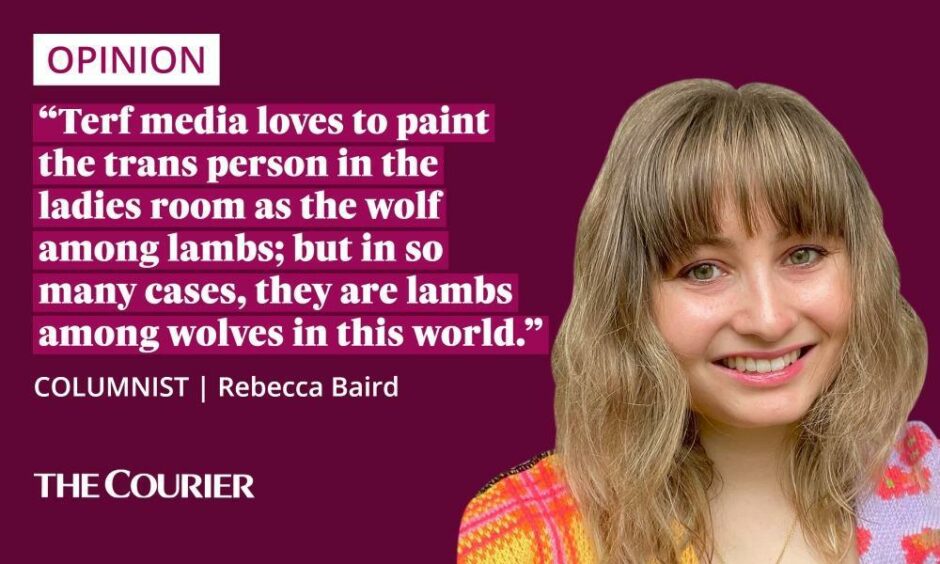
Sex is biological, gender is a social construct; we all know this by now.
But it’s not like a political leader should be well versed in the terms of their own policies anyway, right?
And Ross has already corrected himself, saying he misspoke, and meant to say a trans woman ‘has changed her gender, not her sex’.
So let’s pretend for a minute that his error isn’t an indictment of how seldom these terms are in that man’s mouth.
What he insists he meant to say isn’t much better.
And by Ross’s logic, a ‘real’ woman must be defined by her biological sex. Which comes down to… well, what, exactly?
Let’s talk about (biological) sex
We know it can’t be chromosomes, because we know XX (‘female’) and XY (‘male’) are only two of multiple XY variants.
And we know it can’t be fertility, or the ability to make babies – about 10% of cisgender women are infertile.
"Is a trans woman a woman?"
"No. She is a male who has changed her sex but she has not changed her gender"#TheNine's @mmgeissler asks @ScotTories leader @Douglas4Moray about his party's local election manifesto pledge to ensure single-sex toilets in all council buildings. pic.twitter.com/TeBrkhN3q5
— The Nine (@BBCScotNine) April 26, 2022
When we get down to it, it’s genitals, isn’t it? Which is flawed from the off, seeing as around 1 in 100 people is born intersex, meaning the body they are born with doesn’t fit into male or female assignment categories.
The idea that biological sex is the definitive feature of womanhood is nonsense.
But it is, clearly, pervasive. So my question is this – if biological sex is what makes a trans woman a real woman, is that the only thing that makes me one, too?
What makes a woman a woman?
I am a cisgender woman. That means I was born in a body which could be easily assigned female at birth, and it’s a body I feel at home in.
Growing up a girl, I heard of three main things that ‘make you a woman’: Starting your period, having sex and giving birth.
Every single one defined my womanhood by my vagina. The things coming out of it, or going into it.
How dull, reductive and dehumanising.
Moreover, the thing that allegedly makes me a woman is also what makes me vulnerable.
It’s the thing I could be bought and sold for. The valuable I’m carrying that people want to take, the reason for my keys between my knuckles.
The prey of that big bad Terf spectre: a scheming penis dressed up in the ladies toilet.
Fear, not biology, is the overarching theme here. It’s fear that has externally defined my 21st century womanhood. Fear, and resilience in the face of it.
Resilience because I do still, in spite of its precious cargo, lug this vagina-having body around Out There in the dark.
Because believe it or not, my existence, and my femininity, add up to more than the sum of my (private) parts.
But yes, of course I value those spaces where I can set down my fear for a second; where I can stop swivelling my gaze, and take a rest from my resilience.
Bathrooms are for sharing warnings – and lippie
Women’s bathrooms provide that space; there’s a community, however fleeting, between the gaggles grouped in them.
We stand at sinks and take in collective moment of respite; share warnings, ‘watch him’s and lipstick.
That sense of safety is sacred, and rightly so.
But maybe instead of stoking uproar about preserving safe spaces, groups like the Scottish Tories would be better addressing the reasons why we need them in the first place – like, for example, politicians reducing women to talking vaginas and stoking up misogyny?
Because fear and resilience (and lipstick) define many existences outside the cisgender woman’s. Existences which need and deserve access to safe spaces too.
Lexi was loved – and failed
Last week I stood at the graveside of my friend and one of Dundee’s most vibrant musicians, Lexi Campbell, who took their own life aged 25.
Lexi was trans non-binary. They were assigned male at birth, and I first met them when they were still presenting as such.
After meeting Lexi as Lexi – femme and full of life – last year, I saw what true resilience looked like.
All those years of having to be someone they were not. And later, all that blossoming in spite of the very real dangers our transphobic society poses.
Lexi wasn’t a woman; not by their own definition and certainly not by Douglas Ross’s. But they weren’t a man either.
And to think of Lexi being themselves in the world is to feel that communal fear of womanhood.
Lexi wearing a dress shouldn’t have been ‘brave’ and ‘inspirational’; but to many it was.
Because we live in a society where to embody femininity in any way is to put a target on one’s own back.
You have to be brave to be a woman
It’s one thing to be born in a body which announces its own femininity; another level of bravery entirely to shed the protective armour of male presentation and choose the dark and dangerous road of womanhood.
Terf media loves to paint the trans person in the ladies room as the wolf among lambs; but in so many cases, they are lambs among wolves in this world.
It’s no wonder trans youths are twice as likely to contemplate suicide as their cis peers. They are victims in one space; villains in the other.
And by gatekeeping women’s ‘safe spaces’ based solely on biology, we (cis women) are not only throwing our trans siblings to the real wolves; we are also complicit in reducing the definition of our own womanhood to ‘has vagina’.
We’re creating a division which plays right into the hands of men, who want to tell us what it is to be a woman.
Trans women are real women because they, like us, live – and die – in fear of men.
The least we can do is let them pee in peace and whether that’s standing up or sitting down is nobody’s business.
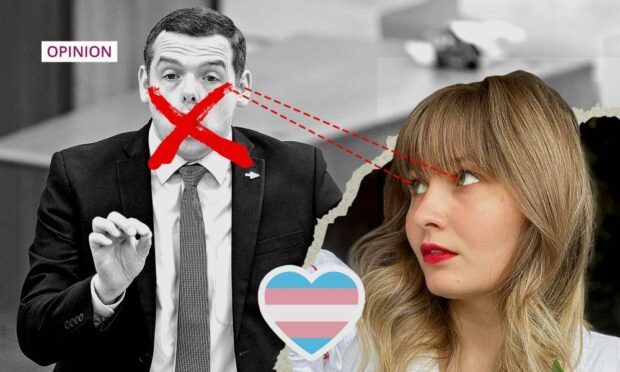
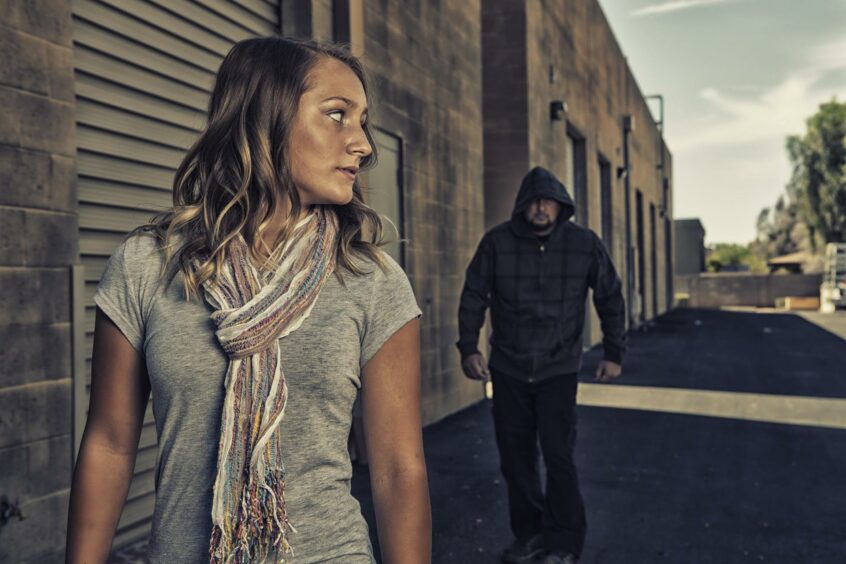
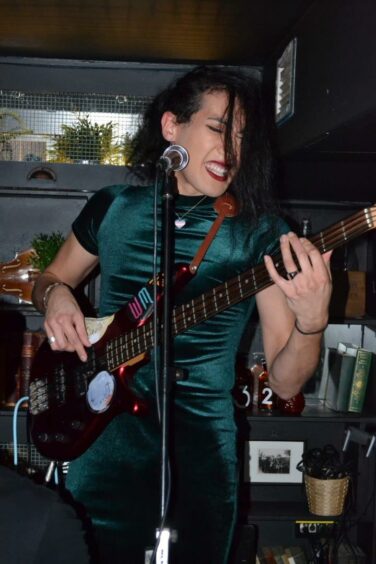
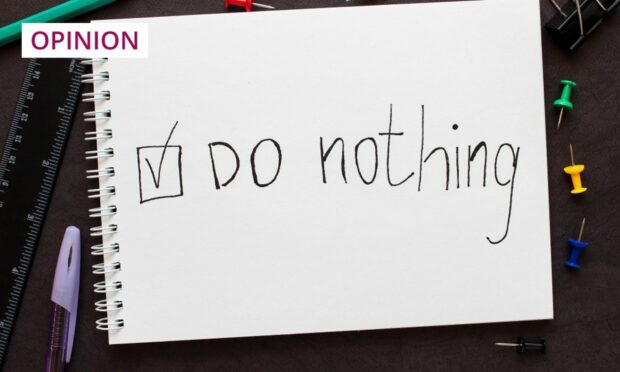
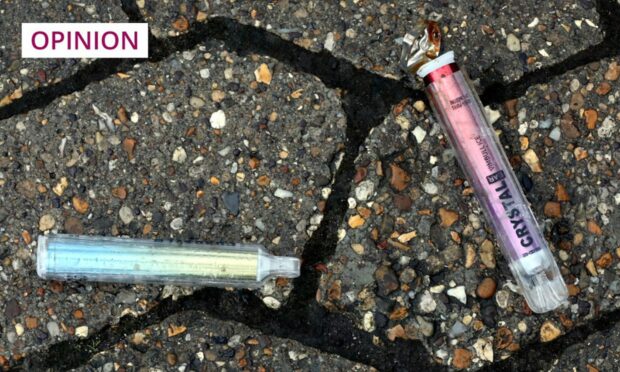
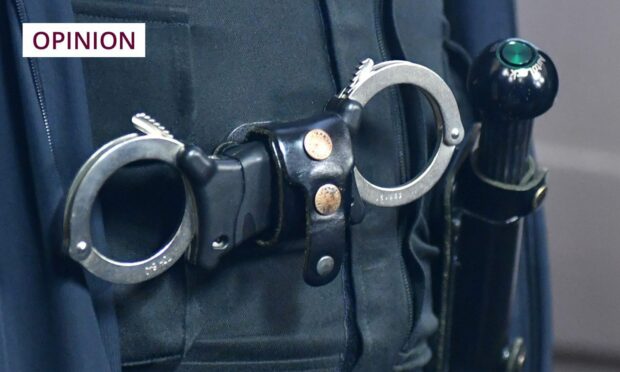
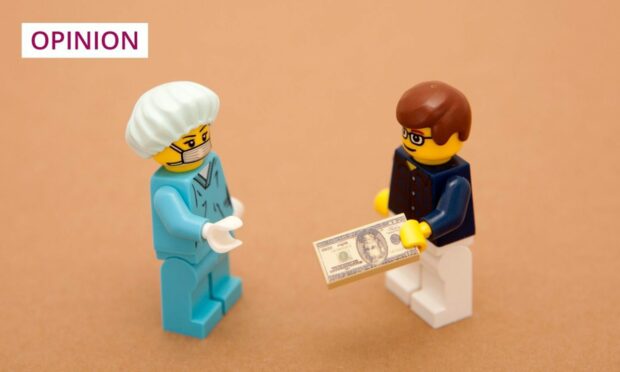
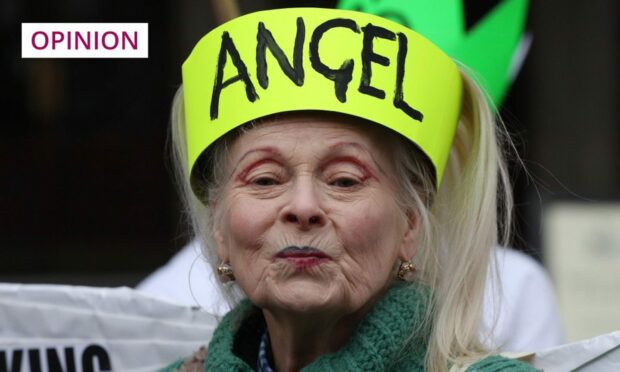











Conversation